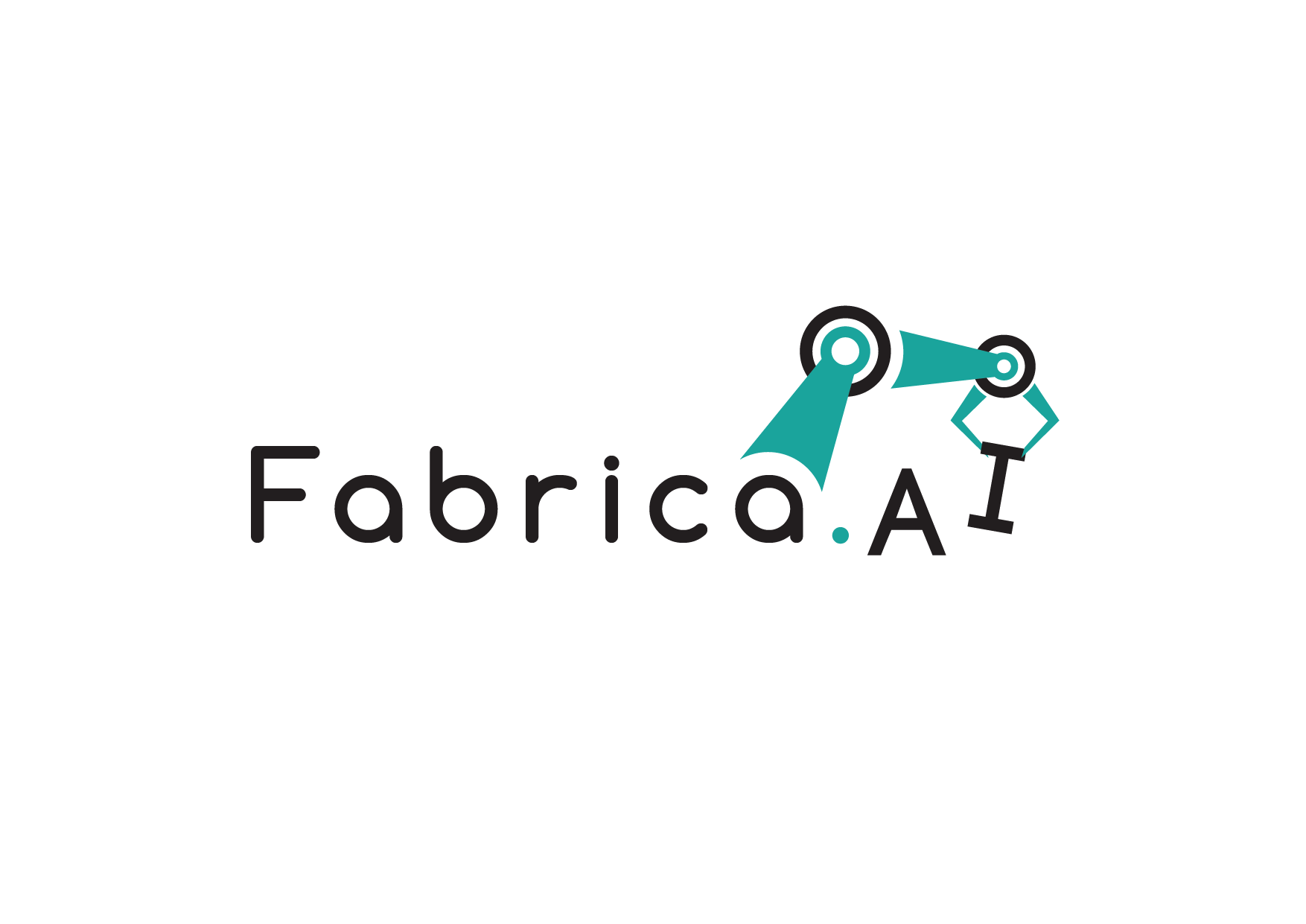Fabrica AI is reinventing how robots are developed. Currently novel robots take 5-20 years. We are building a design automation platform to bring it down to a month, and have already demonstrated significant progress by developing tile grouting robots in record time. Robotics simulation and reinforcement learning has been advancing a lot making it 1000x cheaper to train robots compared to 5 years ago, and as Jensen Huang said at Nvidia GTC 2024, "the ChatGPT moment for robotics may be just around the corner." A couple other companies are building on the same paradigm shift but we are the only ones using it to automate hardware design, not just software.
Building robots and a design automation platform together brings great synergy - the platform helps us develop robots faster than anyone else and the robots allow us to gather data and do experiments at scale. Data gathering can be done through partnerships with other robotics companies, but doing experiments is crucial for grounding the platform in reality and ensuring its usefulness. The grouting robots are already deploying daily at construction sites and bringing value to clients. We are currently negotiating sales worth around 500k USD. With manufacturing cost multiple times lower than companies using a traditional robotic arm, our robots have an ROI in weeks. Our robot is also small and simple to use, operating from a single button without the need to upload floorplans or do any complex setup. Soon we would be expanding into other simple and valuable robots for the construction industry.
We’ve raised over 2.5m USD from Hoxton Ventures, Credo Ventures, our Professor from Cambridge University, Woh Hup, and the owner of BHCC (listed construction company). We’ve 2500sqft of space in Singapore where we have over 20 team members, and 1200sqft of space in Czechia where we have our software team.
Jakub Suchanek (CEO) has an engineering degree from the University of Cambridge and experience working on self-driving cars at Wayve and machine learning at Granta Innovation and Wacker. He is a worldwide winner of NASA SpaceApps and has won bronze medals in International Olympiads in Informatics and Physics.
Ronald Luc (CTO) earned a degree in Math and Computer Science from Masaryk University, where he was a teaching assistant, and supervised several deep learning theses. He has years of industry experience in both machine learning and self driving cars. With Jakub he won TechFest Munich, one of the EU’s top hackathons; and represented Czechia at the International Olympiad in Informatics.
Keefe Wayne Teo (COO & CFO), a University of Cambridge engineering graduate, served as president of Hackbridge.io, promoting entrepreneurship in tech. He has 100+ citations in research journals and four papers on sustainable energy. He previously worked at Entrepreneur First and has business development experience from other companies.
Website: https://www.fabrica.ai/ (and various press releases, awards, etc.)
Latest Grouting Robot Demo: https://www.youtube.com/watch?v=AVWjmaMuYM0
Fabricator videos
https://www.youtube.com/watch?v=4aoQ4QaEOPQ
https://www.youtube.com/watch?v=xnENP7zWzEM
https://www.youtube.com/watch?v=5SBiEBLMQ9k
Your internship would revolve around real-world industry deployments taking us from a TRL of 7 to 9. You may be remunerated with a combination of salary and share options. As an SGInnovate partner company, we can offer a monthly S$3000 SGD in stipend under the SGI Summation program for undergraduates, more for masters, PhD students. The following tracks are available, you would probably be doing a couple of them up to your preference, with examples of what has been done by previous interns:
1) (Software) Create new data generator for object detection (ideal is some experience with Blender/Unreal/Unity)
2) (Deep Learning and Machine Learning): Train, and evaluate our computer vision model fine-tuned on synthetic data on a real-world test set.
3) (Deep Learning engineering): Go through the list of researched libraries, use them to integrate the model into ROS2, and evaluate (compute) performance. Test performance uplift on low-power DL co-processors.
4) (algorithms) Write an algorithm to turn object detection bounding boxes in pixel space to 3D space using known constraints (baseline algo already researched). Turn it into a ROS2 node.
5) Robotics DevOps & Real World Industry Trials (must be in Singapore)
- Understand the whole project and run our ROS2 stack on real HW.
- Create reproducible testing methodology and evaluate metrics on the HW.
- Be in charge of the robots on the construction site.
- Explore and procure new parts/new materials for robot functionality improvement
A great candidate would possess the following:
- Motivation to build a great product and great codebase using the most recent tech stack for the slowly coming robotics revolution
- Value the direct impact on the product and proximity to clients at a startup and the growth potential of a startup
- Willing to work without a very well defined job scope and willing to adapt to changes week on week
- Ability to think of metrics to measure progress and deciding based on back of the envelope calculations
- Keenness to do more than is expected, impact driven
- Excited about robotics and similar technical areas and exploring them in extracurricular projects
- Growth mindset driven
For roles 1-4, can be in person in Singapore and Czechia or remote.
Our development process is very iterative and agile. Thus, there would not be a concrete plan more than 2 weeks ahead and your role/tasks is/are likely to evolve over time. Besides, a lot of testing has to be done on a construction site. If you like this process, you’d be a good fit for us. You would thus play a significant part in deciding how your work would contribute to our overall goals. Please email your resume to [email protected] if you are interested. Thank you!





